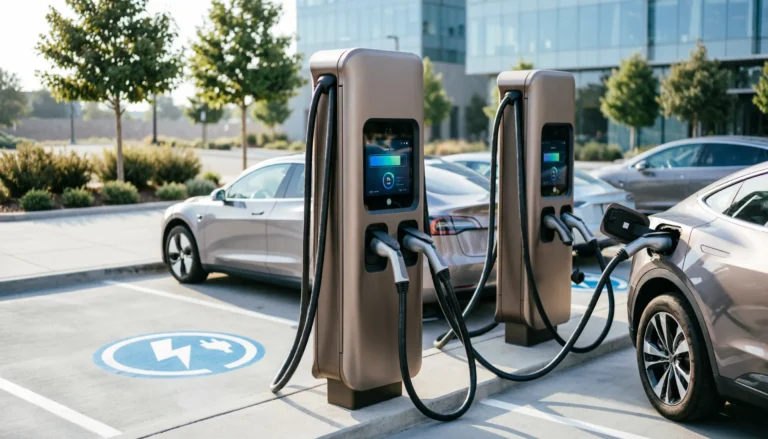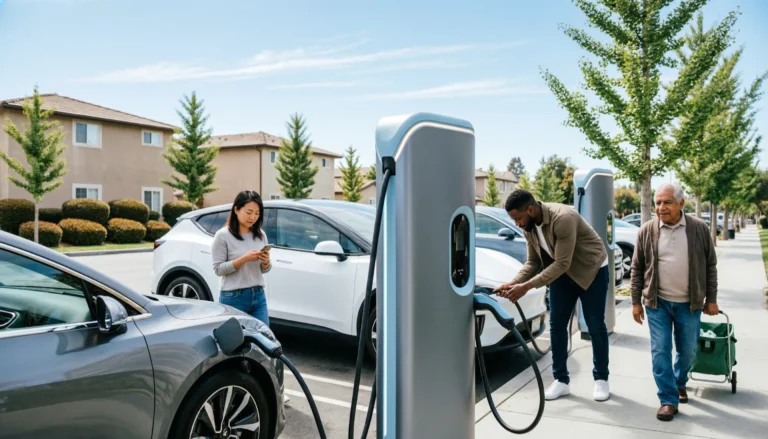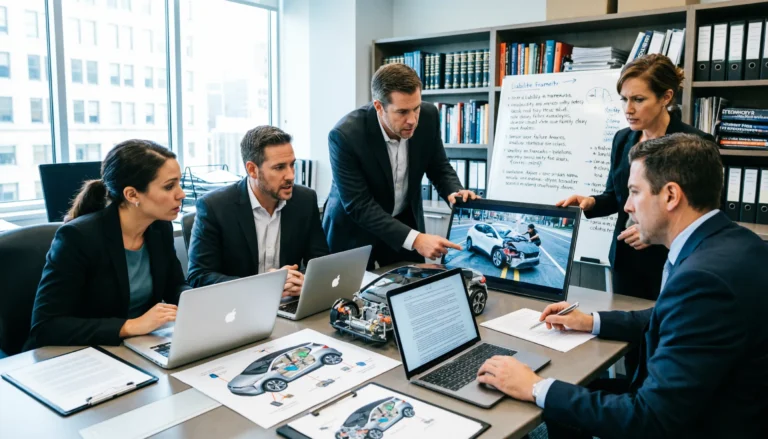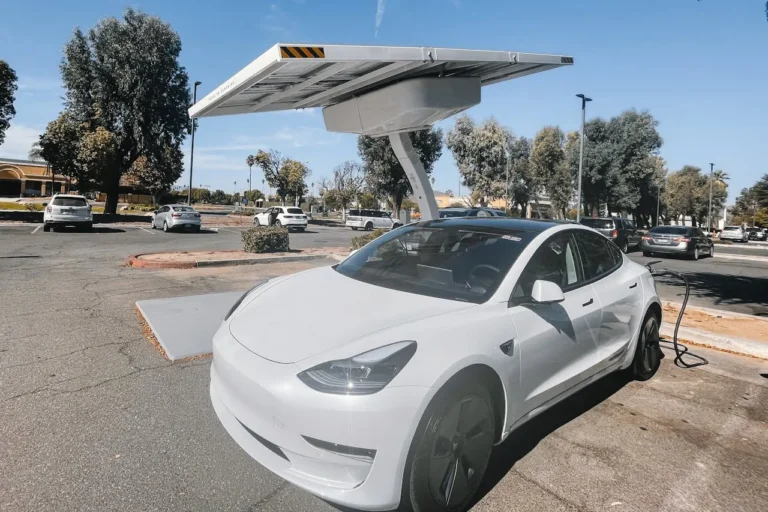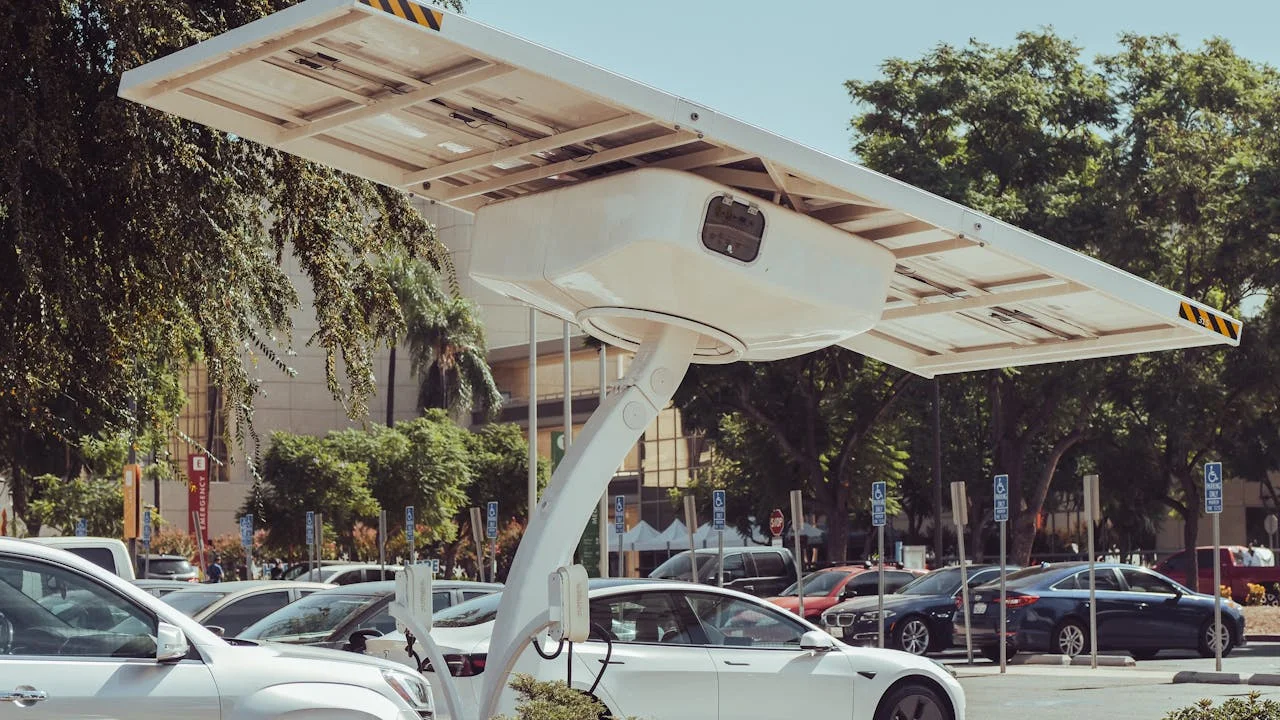
ChargePoint (NYSE: CHPT), a leading provider of networked electric vehicle (EV) charging solutions, has announced its continued dominance in the deployment of DC fast charging at locations funded by the National Electric Vehicle Infrastructure (NEVI) program. Recently, two ChargePoint sites along Interstate 95 in Rhode Island have made the state the first in the nation to complete Phase 1 of the NEVI program. NEVI, part of the Infrastructure Investment and Jobs Act (IIJA) with a $5 billion budget, aims to ensure ultra-fast charging is both accessible and reliable across U.S. highways.
ChargePoint remains a top player in the EV charging industry, securing NEVI awards across 40% of U.S. states so far. The company and its partners have been selected for awards at over 125 sites, totaling $75 million in proposed grant funding and nearly 600 fast charging ports across 20 states.
Anne Smart, Vice President of Public Policy at ChargePoint, commented, “ChargePoint and its partners continue to lead the industry with the most NEVI-funded fast charging locations along major U.S. highways. Our efforts, together with our partners, are making reliable fast charging solutions accessible across the U.S., ensuring EV drivers can charge when and where they need to.”
Governor Dan McKee of Rhode Island added, “The completion of NEVI Phase 1 is a significant milestone in Rhode Island’s commitment to a greener future. By developing the infrastructure for cleaner transportation, we are advancing our Act on Climate goals and leading efforts to reduce our carbon footprint. I appreciate the collaboration of both public and private partners in this project, which highlights our state’s ongoing dedication to enhancing EV charging infrastructure and supporting the green economy.”
The NEVI sites awarded to ChargePoint customers or partners will feature ChargePoint Express Plus charging stations, a modular DC fast charging platform that delivers charge speeds up to 500 kWh. The Express Plus stations offer cable options for both CCS and NACS connectors, catering to a wide range of EV models, including those from Tesla. The platform can simultaneously ultra-fast charge two vehicles and uses proprietary technology to maintain peak charging speeds, minimizing delays for EV drivers.


